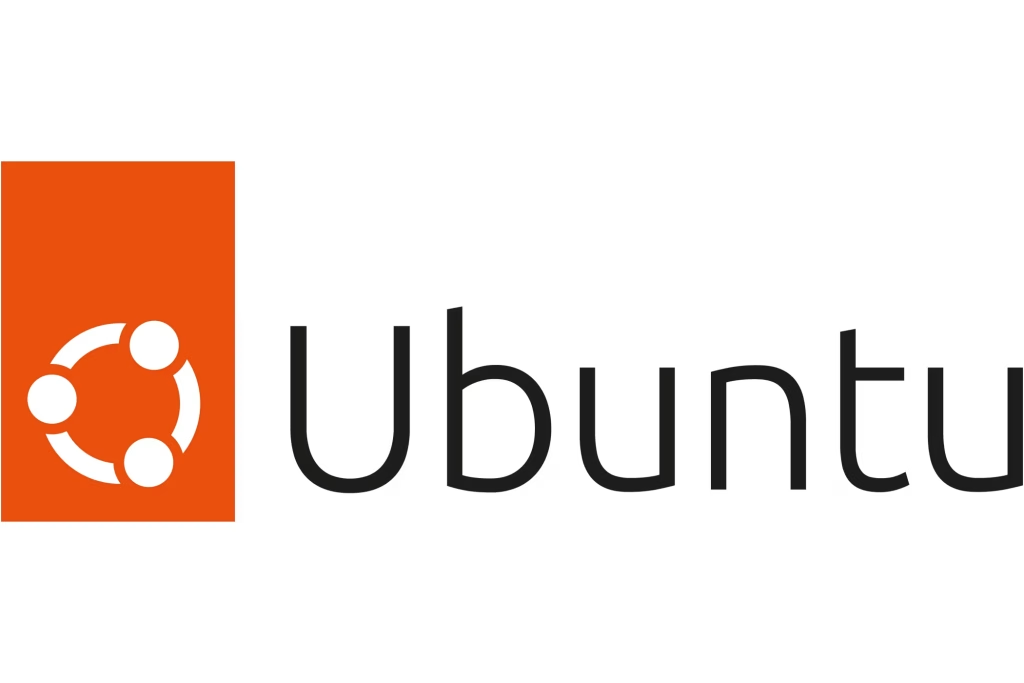
Table of Contents
Ubuntu OS is a free and open-source operating system based on Linux. It is one of the most popular Linux distributions and is widely used by individuals, developers, and organizations for desktops, servers, and cloud computing. Ubuntu is developed and maintained by Canonical Ltd., a UK-based company, and a large community of developers and contributors.
Key Features of Ubuntu OS
- User-Friendly Interface:
- Ubuntu is known for its ease of use, with a graphical user interface (GUI) that is intuitive and accessible to both beginners and experienced users. The default desktop environment is GNOME, which offers a clean, modern, and user-friendly interface.
- Free and Open-Source:
- Ubuntu is completely free to download, use, and distribute. Its source code is open, meaning anyone can view, modify, and contribute to the development of the operating system.
- Regular Releases and Long-Term Support (LTS):
- Ubuntu follows a regular release schedule with two versions released each year: a regular version and a Long-Term Support (LTS) version. LTS versions are released every two years and are supported with updates and security patches for five years, making them ideal for businesses and servers.
- Software Center and Package Management:
- Ubuntu includes the Ubuntu Software Center, which allows users to easily find, install, and manage applications. It uses the APT (Advanced Package Tool) package management system and supports DEB packages, making software installation and updates straightforward.
- Security:
- Ubuntu is designed with security in mind. It includes features like a built-in firewall, regular security updates, and user permissions that limit access to critical system files. The open-source nature also allows for rapid identification and fixing of vulnerabilities.
- Performance and Reliability:
- Ubuntu is known for its stability and efficiency. It is optimized to run on a wide range of hardware, from high-end servers to low-power devices, and is used in various environments, including desktops, servers, and cloud infrastructure.
- Extensive Hardware Support:
- Ubuntu is compatible with a wide range of hardware, from desktops and laptops to servers and IoT devices. It includes drivers for most hardware components and peripherals, ensuring smooth operation across different setups.
- Community and Support:
- Ubuntu has a large and active community of users, developers, and contributors who provide support through forums, mailing lists, and documentation. Canonical also offers professional support and services for businesses.
- Customization:
- Ubuntu is highly customizable, allowing users to change the appearance and behavior of the desktop environment. Users can install different desktop environments, themes, and extensions to tailor the OS to their preferences.
- Pre-Installed Software:
- Ubuntu comes with a set of pre-installed applications that cover most common computing needs, including a web browser (Firefox), office suite (LibreOffice), email client (Thunderbird), and media players.
- Compatibility with Software Development:
- Ubuntu is widely used by developers due to its compatibility with various programming languages, development tools, and frameworks. It’s particularly popular for web development, cloud computing, and software testing.
Enhanced Privacy
Just like any other operating system, Ubuntu has its data privacy policy. There are four fundamental principles that Ubuntu follows in terms of personal information processing:
- Ubuntu doesn’t ask for personal data unless it truly needs such information for legal purposes.
- Ubuntu doesn’t share its users’ personal information with anyone except to provide its customers with products and services, comply with the law, and protect its rights.
- Ubuntu doesn’t store personal information except if it is required for the operation of services, to provide products, comply with the law, or protect its rights.
Ubuntu also collects some hardware information as well as location and usage data. However, you can always stop it from doing so. For example, location services can be disabled via the Privacy settings, as shown below.
Variants of Ubuntu OS
Ubuntu has several official variants, each tailored for specific use cases:
- Ubuntu Desktop:
- The standard version of Ubuntu with the GNOME desktop environment, designed for everyday desktop use.
- Ubuntu Server:
- A version of Ubuntu designed for servers, optimized for performance and scalability in server environments.
- Kubuntu:
- Ubuntu with the KDE Plasma desktop environment, offering a different look and feel compared to GNOME.
- Xubuntu:
- A lightweight version of Ubuntu that uses the Xfce desktop environment, designed for older or low-resource hardware.
- Lubuntu:
- An even lighter variant that uses the LXQt desktop environment, ideal for very low-resource systems.
- Ubuntu Studio:
- A variant aimed at multimedia production, with pre-installed tools for audio, video, and graphics editing.
- Ubuntu MATE:
- Ubuntu with the MATE desktop environment, providing a traditional desktop experience with modern features.
Use Cases for Ubuntu OS
- Personal Computing:
- Ubuntu is a popular choice for personal desktops and laptops, providing a free and reliable alternative to proprietary operating systems like Windows and macOS.
- Development:
- Many developers prefer Ubuntu for its robust support for programming languages, development tools, and open-source software. It’s commonly used for software development, web development, and testing.
- Servers:
- Ubuntu Server is widely used in data centers, web hosting, and cloud environments due to its stability, security, and efficiency. It’s compatible with major cloud providers like AWS, Azure, and Google Cloud.
- Education:
- Schools and universities often use Ubuntu for teaching and research, as it provides a cost-effective, secure, and customizable platform for educational purposes.
- Enterprise Use:
- Businesses use Ubuntu for everything from desktops to large-scale deployments in server farms and cloud infrastructure. The LTS versions offer long-term stability, which is essential for enterprise environments.
Conclusion
Ubuntu OS is a versatile, powerful, and user-friendly operating system suitable for a wide range of applications, from personal computing to enterprise servers. Its open-source nature, strong community support, and regular updates make it a reliable choice for users worldwide. Whether you’re a beginner or an experienced user, Ubuntu provides a flexible and robust platform that can be tailored to meet your specific needs.